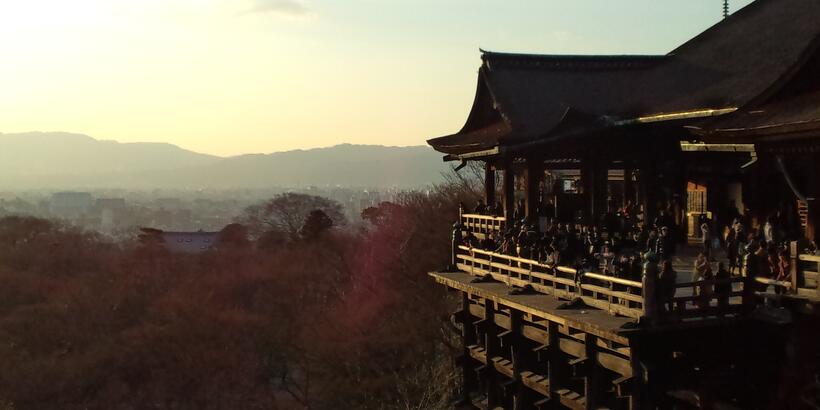

Researchers
| description | structure & personnel |
The Stanford Project on Japanese Entrepreneurship (STAJE) relocates to Stanford Technology Ventures Program (STVP) of Stanford School of Engineering, from September 1, 2013.
BackgroundThe Stanford Project on Japanese Entrepreneurship (STAJE) applies the principles of entrepreneurship to the academic domain, by creating opportunities for innovative and creative research on contemporary Japan. The long-term objective of this project is to devise new ways of studying Japan in a multi-disciplinary way, including business and economics, politics, society, anthropology and history.
Like an incubator, we strive to bring together scholars and students of various disciplines interested in exploring contemporary Japan through the lens of innovation and entrepreneurship. By structuring research support for interested contributors (e.g., through research grants), organizing seminars and conferences for intellectual exchange and mutual learning, and creating a website that features research output, the program offers a new platform for the study of Japan.
We define "entrepreneurship" as competitive activities that change market processes, undertaken by individuals who identify opportunities for new resource combinations and exploit these opportunities in the face of great uncertainty. Research questions that follow from this definition include: What is the context for entrepreneurial behavior? How do individuals differ in how they find and exploit opportunities? How do their activities affect the market?
The first of these questions--how entrepreneurial opportunities arise--is the trigger to our project. We submit that Japan’s political economy, society and institutional setup has undergone great change since the "lost decade" of the 1990s that has created new opportunities for entrepreneurial activity. Long before the current global economic crisis, Japan adopted important reforms in commerce, corporate governance, finance, and education. At the same time, sluggish growth in the 1990s exposed the weaknesses of Japan’s postwar growth model that relied on large, diversified companies and their in-house innovation systems. Japan’s political landscape has begun to change, creating opportunities for political entrepreneurship. Growing up in an affluent society, fewer young Japanese strive to become "salary-men" at large companies. New Tokyo catchphrases include "work-life balance" and "personal fulfillment". By employing existing concepts of entrepreneurship and relying on multiple disciplines in our study of Japan's new economic, social and political realities, the project will shed light on both the nature of entrepreneurship and the dynamic evolution of the world's second largest economy.
STAJE aims to contribute to our understanding of the global implications of a potentially new entrepreneurial dynamic in Japan. We specifically take a broad view of "entrepreneurship" to invite research in various aspects of Japan. Currently, we are building "clusters of knowledge" around four issue areas:
- changes in the political economy that facilitate entrepreneurship,
- corporate reforms, including the emergence of venture capital markets,
- social change (e.g., women entrepreneurs)
- survey collection and data analysis on startup companies.
Publications
Multimedia
Topics:
Governance Society Business Education Entrepreneurship Innovation History Governance Society Business International Relations International Development Education International Development Society Entrepreneurship International Development Innovation International Development History SocietyEvents
Stanford Conference on Japanese Entrepreneurship
12:00 AM - 12:00 AM (Pacific)
Mobility and Innovation: A Cross-Country Comparison in the Videogames Industry
12:00 PM - 1:15 PM (Pacific)
Failure IS an Option: The Effect of Bankruptcy on New Venture Performance
12:00 PM - 1:15 PM (Pacific)
STAJE 4th Annual Conference: "Japan at the Entrepreneurial Crossroads - What Lies Ahead?"
12:00 AM - 12:00 AM (Pacific)
U.S.-Japan VC Cooperation and the "Fly Over Phenomenon"
4:00 PM - 6:00 PM (Pacific)
University IP Management and the Weakness of Science-based Entrepreneurship in Japan: Impact on Innovation
12:00 PM - 2:00 PM (Pacific)
Entrepreneurship and Japan's Transformation
9:00 AM - 2:30 PM (Pacific)
U.S. - Japan Dialogue to Promote Innovation, Entrepreneurship and Job Creation
1:30 PM - 5:00 PM (Pacific)
